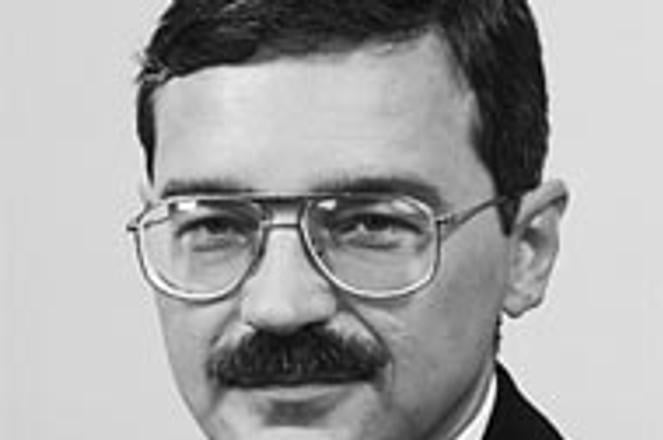TASR
If Prime Minister Vladimír Mečiar is trying to boost relations with the EU by appointing Slovak Ambassador to Germany Pavol Hamžík as Minister of Foreign Affairs, he could be on the right track. Hamžík, 42, has already met with his German counterpart and is actively working on a long-desired meeting between Mečiar and German Chancellor Helmut Kohl.
Unlike former Minister Juraj Schenk, whom many in the diplomatic corps criticized for his lack of foreign policy experience, Hamžík seems almost groomed for the position. After all, the Trenčín-born lawyer (he graduated from Comenius University in 1978) has worked in the diplomatic service for 12 years. After six years as counsel for the Ústav Mechanizácie Odevnej Výroby (Institute of Mechanization of the Textile Industry) in Trenčín, Hamžík switched over to the Federal Ministry of Foreign Affairs in Prague in 1984.
After a year in Prague, he was appointed consul at the Czechoslovak Embassy in Denmark, where he spent four years. Upon his return in 1989, at the turn of the new era, the federal government sent him to Moscow to study at the Diplomatic Academy there. Hamžík, then well on the road to a foreign service career, graduated with high honors.
In September 1991, Hamžík headed to Vienna, where he took part in the negotiations on the Conference on Security and Cooperation in Europe (CSCE). When Czechoslovakia took on the presidency of the CSCE in 1992, Hamžík took center stage as the director of the CSCE's group handling the crisis in Yugoslavia. With the new year came Slovak independence, and Hamžík easily assumed the role of director of Slovakia's CSCE mission in Vienna. In 1993, he was appointed Slovak Ambassador to Germany. Hamžík has said that integration into Western structures is the top priority for Slovak foreign policy. "If my acting as minister will improve Slovakia's image, I will be glad and do my best," he told the Slovak press agency TASR.
According to some diplomatic representatives, though, how quickly Hamžík can turn Slovakia's battered image around may not be dependent on him personally, but on the government's policy, especially with regard to the draft university bill and media bill and laws on foundations and the so-called "protection of the republic."

